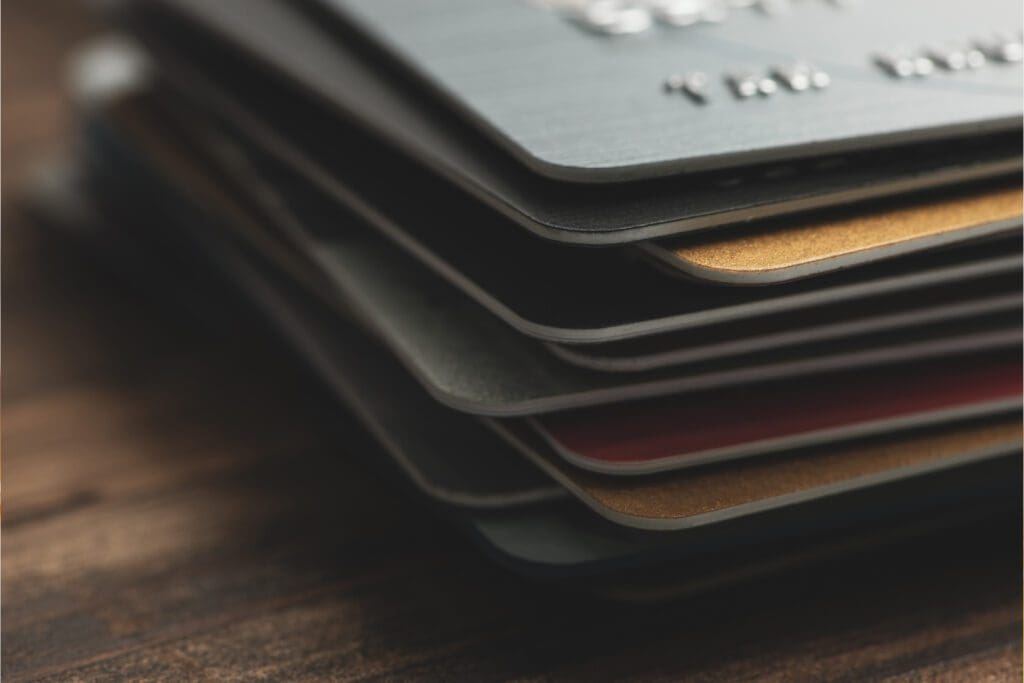Every day more businesses not only accept credit card payments but also encourage their use. Companies offer monthly subscriptions, online apps with secure shopping cart features, and other features to encourage credit spending. Although many of these services and products are convenient and useful, they require credit card information to be put into third-party systems frequently, increasing your chances of receiving an unauthorized transaction.
If you are dealing with unauthorized credit card transactions in New York City, the first thing you should do is contact the credit card company and dispute the payments, and it is best to do so in writing. As described below, consumers must do this within 60 days of the date the billing statement showing the error was mailed to them. If the company refuses to fix the discrepancies, you should contact a
consumer protection attorney to explore your options. Representing victims of unauthorized credit card transfers and other forms of identity theft in litigation against credit card companies is one of Schlanger Law
Group LLP’s core areas of practice. With offices in midtown Manhattan, Schlanger Law Group regularly represents New York City residents. We would be happy to speak with you about your situation.
The Fair Credit Billing Act
The
Fair Credit Billing Act, or “FCBA(15 U.S.C. Sec. 1666-1666j), is an amendment to the Truth in Lending Act. The FCBA is a federal statute that allows consumers the ability to dispute specific bills and transactions with their credit card company. Under this law, a consumer must first notify the lender of any unauthorized charge that they wish to dispute using the “Billing Dispute” address found on the back of the consumer’s monthly statement.
The Federal Trade Commission provides a
sample letter that consumers can send to creditors within 60 days. The consumer should send a detailed description of the unauthorized credit card transactions by certified mail and keep a copy for their records, as a New York City lawyer may need to reference these documents during litigation. If a consumer prevails on their claim for violation of the Fair Credit Billing Act, they could be entitled to recover damages, and a statutory penalty that is twice the amount of the finance charge in connection with the transaction may be fined to the defendant. This penalty is capped at $5,000 unless the consumer establishes that the bank’s violation is part of a pattern or practice. Moreover, courts have held that consumers who are victims of multiple FCBA violations may collect multiple statutory penalties if successful. A prevailing consumer is also entitled to attorney’s fees and costs.
Pursuing Litigation
Filing a complaint with a lender does not always resolve the issue. All too often, the credit card company rejects legitimate disputes and leaves the charges on a card. Furthermore, a credit bureau can downgrade a consumer’s credit score due to a perceived-billing issue, which can lead to long-term financial problems.
Depending on the consumer’s circumstances, a lawyer at our firm can help them bring a lawsuit against a financial institution to reverse the unauthorized charged and fight against the credit bureau to remove the inaccurate entry on the consumer’s credit file.
Ask an Attorney about Unauthorized Credit Card Transactions in New York City
Unfortunately, many consumers living in New York City experience the credit card dispute issues discussed above. Reporting unauthorized credit card transactions does not always remedy a consumer’s financial troubles. If you are a New York City resident who has detected an unauthorized credit card transaction on your account and creditors are not helping you resolve the matter, you should contact an experienced consumer protection attorney at
Schlanger Law Group. We are dedicated to helping New Yorkers resolve their credit card disputes, even after the banks have been uncooperative. Call
(212) 500-6114 or fill out this simple
contact form to get started.




